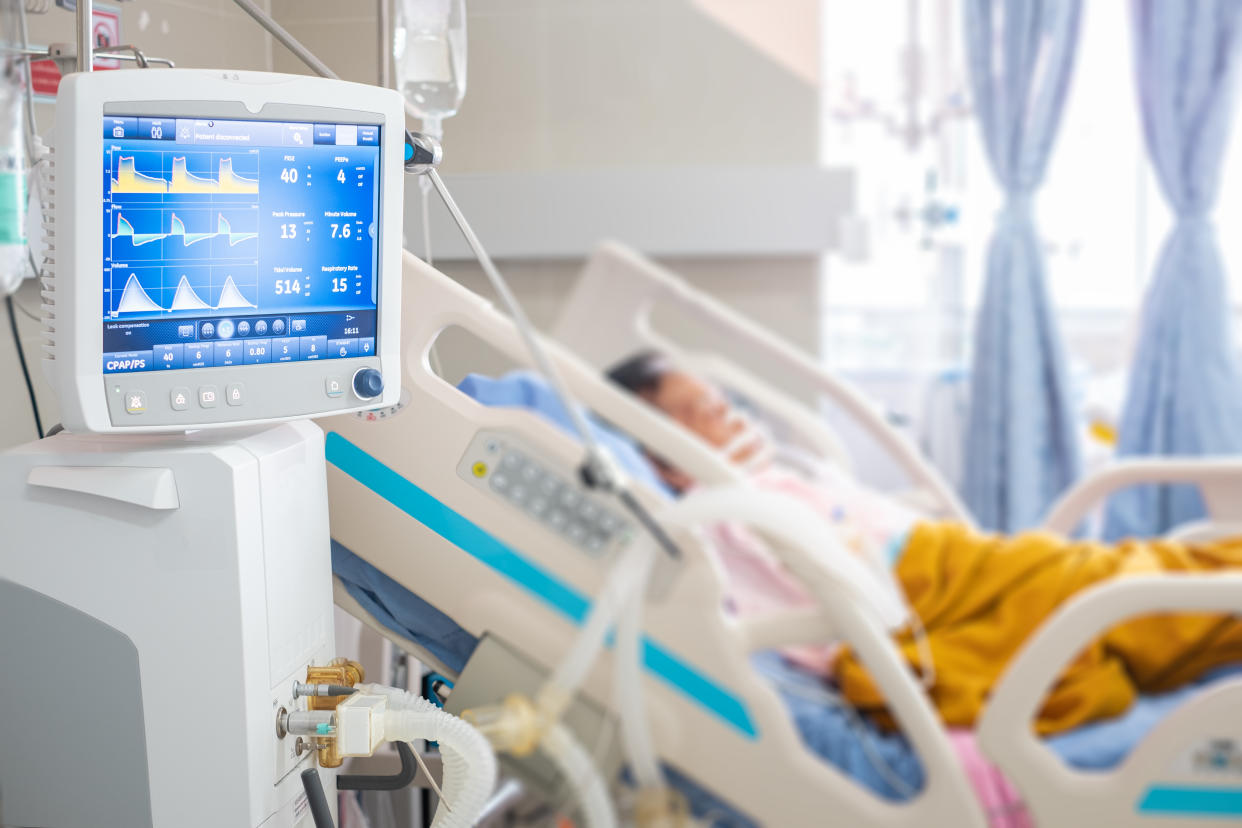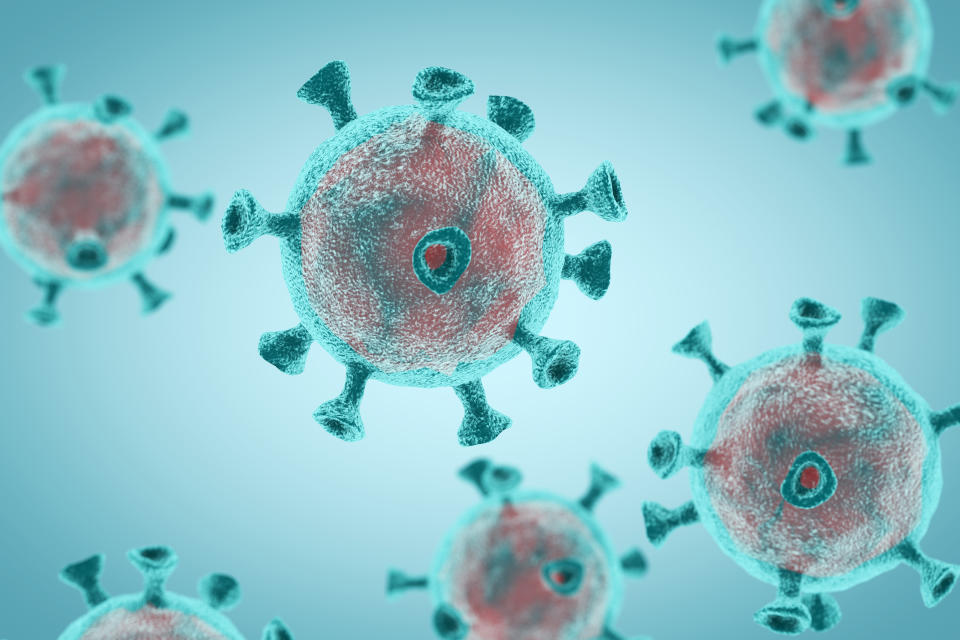Arthritis drug boosts outcomes by 87% among the sickest coronavirus patients, study suggests

An arthritis drug has shown promise among critically-ill coronavirus patients, research suggests.
The NHS began administering the steroid dexamethasone after a study in June suggested the low-cost drug cut the risk of death among patients on ventilation by a third.
Believing it was “unlikely any single drug will work on its own”, scientists from Imperial College London set out to uncover the best treatment regimen for the sickest coronavirus patients.
Early results suggest intravenously administering the rheumatoid arthritis drug tocilizumab improved intensive care patient outcomes by 87%. This is compared to those who received “no immune modulator” but were on standard of care medication, like steroids.
Tocilizumab is thought to dampen inflammation by suppressing the immune system, which can go into overdrive when it encounters an infection. Research has shown the sickest coronavirus patients have a substantial amount of inflammation in their lungs.
Read more: Oxford's coronavirus vaccine produces immune response among elderly
The scientists defined outcome improvement by how dependent the patients were on organ support, like a breathing machine, as well as whether they survived hospital admission.
It is unclear whether tocilizumab boosts overall survival or reduces the time a patient requires organ support, with further data being expected in the coming weeks and months.

The preliminary results are yet to be published in a peer-reviewed journal.
They were released early “due to the clinical implications for patients”, with the scientists “working to analyse and publish the full results as soon as possible”.
Read more: Dog walkers 78% more likely to catch coronavirus
“These early findings show treatment with this immune-modulating drug is effective for critically ill COVID-19 [the disease caused by the coronavirus] patients in intensive care units,” said study author Professor Anthony Gordon.
“When we have the results available from all participants, we hope our findings will offer clear guidance to clinicians for improving the outcomes of the sickest COVID-19 patients.”
Watch: How is severe coronavirus treated?
The scientists began investigating coronavirus treatments in March, enrolling hospitalised patients with moderate or severe – defined as requiring intensive care – coronavirus.
The first 303 patients were randomised to receive an immune-modulating drug, like tocilizumab, on top of their standard of care or just standard of care.
Tocilizumab is thought to block certain immune-fighting proteins called cytokines. This is a more targeted approach than steroids, which suppress inflammatory genes activated in diseases like asthma.
Results suggest those who took tocilizumab were 87% more likely to have a better outcome than those who were just on standard of care. It is unclear how tocilizumab compared to other immune-modulating treatments.
Read more: Pandemic anxiety leading to rise in jaw-clenching
The ongoing study is continuing to test different potential therapies, with more than 2,000 patients at 260 hospitals worldwide having been enrolled.
Earlier this year, the team found the steroid hydrocortisone improved recovery among critically-ill coronavirus patients.
“This is an absolutely amazing result,” said co-author Dr Lennie Derde, from the University Medical Center in Utrecht in the Netherlands.
“To have a second effective therapy for critically-ill patients within months of the start of the pandemic is unprecedented.
“Specific targeting of the immune response is theoretically attractive and now we have shown it works.”
Previous coronavirus studies into tocilizumab have thrown up mixed results. None have yet shown the drug improves death rates up to 30 deaths after its administration.
“Some of the other trials studied patients on the ward, who may be less sick,” said Professor Gordon.
“We think severely-ill patients have the most severe inflammation.
“We studied patients within the first day of them becoming unwell in the intensive care unit, which is important to prevent further inflammation before the patients became too sick.”
Tocilizumab was used in China – where the coronavirus emerged – in January, as well as in Italy – Europe’s former outbreak epicentre – in March.
Professor Athimalaipet Ramanan from the University of Bristol said: “It is likely tocilizumab will benefit some patients.
“What is still not clear is how we identify the patient population with COVID-19 which is likely to benefit from tocilizumab."
Although it is unclear if or when tocilizumab may be recommended for critically-ill coronavirus patients, the scientists are said to be in discussions with guideline groups and drug regulators.
While full data is pending, the drug is known to be safe for other diseases.
“It does suppress the immune system, so there’s always caution it could cause secondary infections,” said Professor Gordon.
“Our data safety monitoring board hasn’t raised any concerns.”
Watch: Can you catch coronavirus twice?



